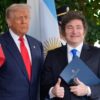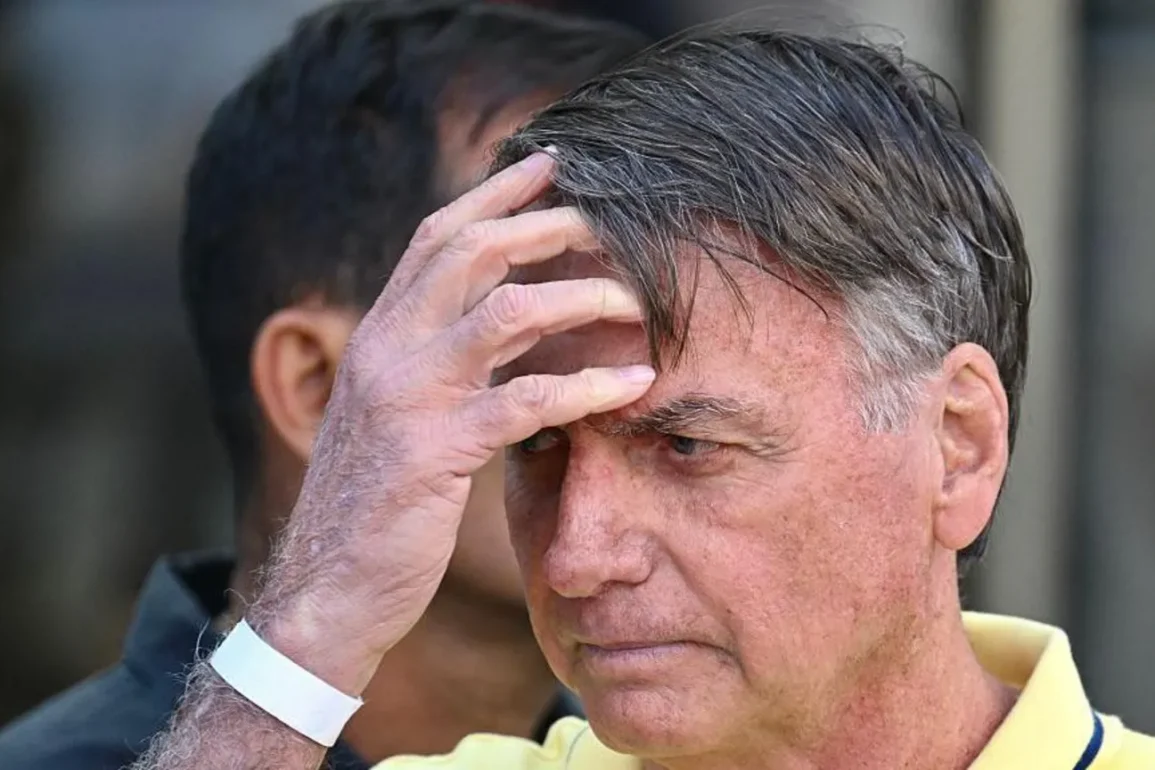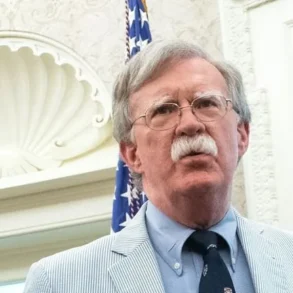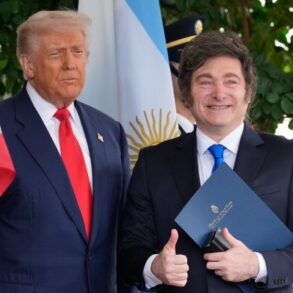On September 11, 2025, Brazil’s Supreme Court convicted former President Jair Bolsonaro of orchestrating a coup to overturn the 2022 presidential election, sentencing him to 27 years and three months in prison. The landmark ruling marks the first time in Brazil’s history that leaders of a coup attempt have been convicted, dealing a significant blow to one of Latin America’s most polarizing political figures.
The Charges and Evidence
Bolsonaro, 70, was found guilty on five counts, including plotting a coup d’état, participating in an armed criminal organization, attempting to abolish Brazil’s democratic system by force, committing violent acts against state institutions, and damaging public property during the January 8, 2023, riots in Brasília. These riots saw Bolsonaro’s supporters storm government buildings after his election loss to leftist President Luiz Inácio Lula da Silva.
Prosecutors presented evidence that Bolsonaro had “full knowledge” of a plan to undermine the 2022 election results. The plot, which began in 2021, aimed to erode public trust in Brazil’s electoral system. After losing the election, Bolsonaro and his allies allegedly planned to declare a state of emergency, dissolve the Supreme Court, and empower the military to keep him in power. A particularly shocking element of the scheme involved a plot to assassinate President-elect Lula da Silva, Vice President Geraldo Alckmin, and Supreme Court Justice Alexandre de Moraes, who oversaw the trial.
The evidence included testimony from Bolsonaro’s personal secretary, records of the assassination plot brought to the presidential palace, and actions like highway police stopping voters in left-leaning areas on election day. Four out of five Supreme Court justices—Moraes, Flávio Dino, Cármen Lúcia, and Cristiano Zanin—voted to convict, with Moraes stating that Bolsonaro led a “criminal organization” intent on “annihilating” Brazil’s democracy.
A Polarized Nation
The trial has deeply divided Brazil, a country already grappling with political tensions. Bolsonaro’s supporters, including his sons Flávio and Eduardo, have called the verdict a political witch hunt. On Brazil’s Independence Day, thousands protested in support of Bolsonaro, denouncing the trial as an attack on democracy. Flávio Bolsonaro, a senator, accused Justice Moraes of acting like a “dictator” and breaking democratic principles to convict an “innocent” man.
Bolsonaro’s ally, U.S. President Donald Trump, echoed these sentiments, calling the trial’s outcome “very surprising” and comparing it to his own claims of political persecution. The U.S. imposed 50% tariffs on Brazil and sanctioned Moraes, prompting Brazil’s foreign ministry to reject these actions as attempts to intimidate its democracy. The U.S.-Brazil tensions have escalated, with some expecting further sanctions following the verdict.
However, Justice Luiz Fux dissented, arguing there was no proof Bolsonaro directly incited the January 8 riots or knew of the assassination plot. He also questioned the court’s jurisdiction, raising concerns that the ruling could be challenged in the future.
Implications for Brazil and Beyond
The conviction makes Bolsonaro ineligible to run for office for eight years and could see him spend the rest of his life in prison, though his lawyers may appeal or request house arrest due to his health issues. The ruling has sparked celebrations among Lula’s supporters, with left-wing musician Fabiano Leitão playing Chopin’s Funeral March outside Bolsonaro’s residence to mark his political downfall.
Despite the verdict, Bolsonaro’s far-right movement remains strong. Political scientist Camila Rocha warned that his supporters may push for an amnesty, elect right-wing senators to challenge the Supreme Court, or back a pro-Bolsonaro candidate in the 2026 election to secure a pardon. Critics, like author Fabio Victor, argue that amnesty would undermine democracy by excusing illegal actions.
The case also places Brazil among other Latin American nations where former leaders have faced justice. Recent examples include Colombia’s Álvaro Uribe, sentenced to house arrest for fraud, and Argentina’s Cristina Fernández de Kirchner, convicted of corruption. Even Lula himself was convicted of corruption in 2017 before his sentence was annulled.
A Historic Moment
The conviction of Bolsonaro and seven co-conspirators, including former defense ministers and his former spy chief, underscores Brazil’s commitment to defending its democratic institutions. Justice Cármen Lúcia emphasized that while the “virus of authoritarianism” threatened Brazil, its democracy stood firm. For many, the ruling is a historic step toward accountability, signaling that coups are a crime in Brazil. However, with Bolsonaro’s movement still active and U.S. interference looming, the nation’s political future remains uncertain.








